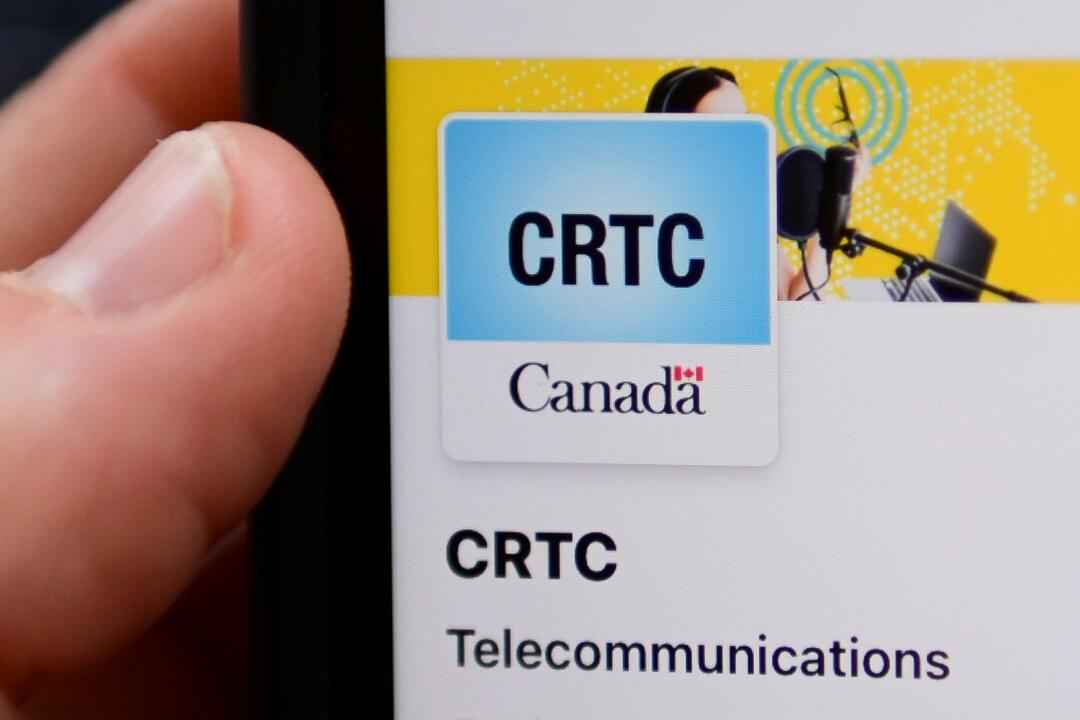New Brunswick Sen. David Adams Richards says he is concerned that the federal government’s proposed internet regulation bill, which is currently being debated in the Senate, will bring about a culture of censorship of Canadians.
“This law will be one of scapegoating all those who do not fit into what our bureaucrats think Canada should be,” Richards said in the Senate on Jan. 31 during the third reading of Bill C-11, also known as the Online Streaming Act.





